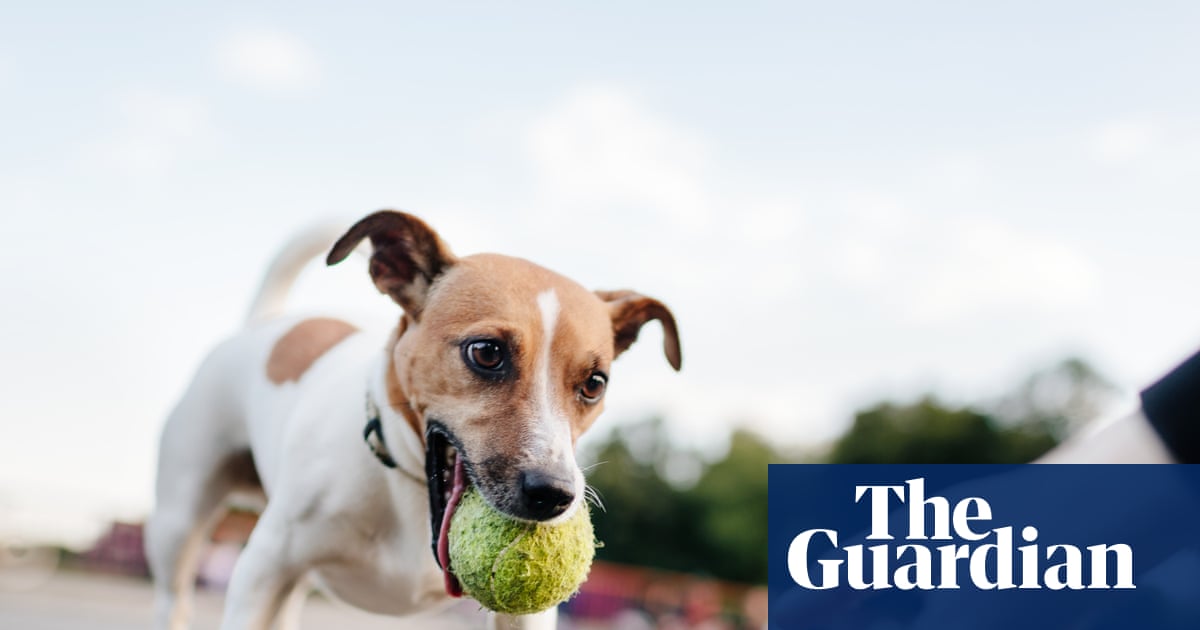
"Now scientists say some dogs may have a similar relationship with their toys. Stefanie Riemer, co-author of the study from Vetmeduni Vienna, said there were likely to be genetic and environmental factors at play. We think the genetic component is pretty strong, she said, noting the team found differences in prevalence between breeds, while follow-up work suggested that owners of dogs with high levels of addictive-like behaviour did little to encourage it."
"Each owner was asked to carry out a number of tasks with their dog in a specially set-up room, often using a toy the dog had selected and sometimes with help from a researcher. These tasks included playing with the dog, the dog being left alone with the toy, throwing the toy, placing the toy in a box with a food puzzle nearby, and placing the toy on a shelf."
Some dogs develop addictive-like relationships with toys, displaying intense, repetitive behaviours when toys are inaccessible or competing rewards are present. Genetic and environmental factors influence these tendencies, with prevalence varying between breeds and owners often not reinforcing the behaviour. Fifty-six male and 49 female dogs aged one to 10 underwent a series of controlled tasks in a set-up room using chosen toys. Tasks involved playing, leaving the dog with the toy, throwing it, placing it in a box near a food puzzle, and placing it on a shelf. Behavioural ratings recorded jumping, barking, whining, attempts to access the toy, and refusal to eat when food was available. Thirty-three of 105 dogs scored above the median for addictive-like tendencies.
Read at www.theguardian.com
Unable to calculate read time
Collection
[
|
...
]